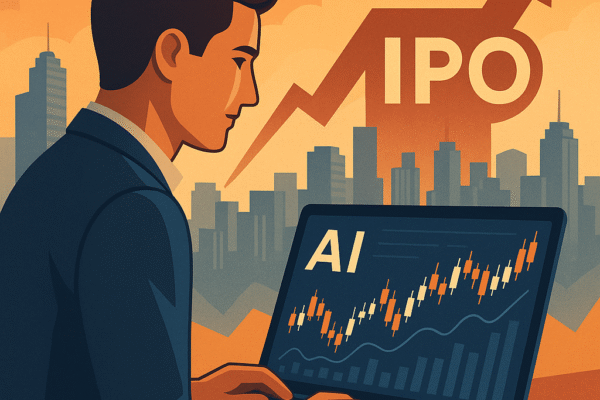The world of app development is evolving faster than ever. With businesses demanding faster turnarounds, seamless user experiences, and cross-platform compatibility, developers are seeking a framework that can deliver it all. Enter Flutter — Google’s open-source UI toolkit that has quickly become the top choice for app development.
In this blog, we’ll dive deep into why Flutter is the best choice for app development in 2025 and beyond.
1. Single Codebase for All Platforms
Flutter allows developers to write one codebase that works perfectly on Android, iOS, Web, Desktop (Windows, Mac, Linux), and even embedded devices.
- No need for separate development teams for iOS and Android
- Faster development cycles
- Lower maintenance costs
Why it matters: Businesses can launch faster and reach a wider audience without doubling their investment.
2. Unparalleled Performance
Flutter apps are compiled to native machine code using Dart. This results in:
- Faster startup times
- Smooth animations (120 FPS)
- Near-native performance
Why it matters: Users expect seamless experiences. Flutter ensures they get it without compromises.
3. Hot Reload = Developer’s Superpower
One of Flutter’s flagship features, Hot Reload, allows developers to see the results of their code changes instantly without restarting the app.
- Experiment easily
- Build UIs faster
- Fix bugs in real-time
Why it matters: It boosts developer productivity by up to 40%, leading to faster project delivery.
4. Beautiful, Customizable UI
Flutter provides a rich set of pre-built widgets for Material Design and Cupertino (iOS-style) applications. Plus, developers can create stunning custom UIs easily.
- Pixel-perfect apps
- Smooth custom transitions and animations
- Consistent design across all platforms
Why it matters: A visually appealing app is key to user retention and brand building.
5. Strong Community and Ecosystem
Flutter has a massive and growing global community, along with:
- Thousands of plugins and packages
- Extensive documentation
- Frequent updates and new features
Why it matters: With strong community support, development is faster and troubleshooting is easier.
6. Cost-Effective for Startups and Enterprises
Flutter’s ability to build apps for multiple platforms with one team significantly reduces development and maintenance costs.
- Ideal for startups with limited budgets
- Perfect for enterprises aiming to scale fast
Why it matters: Lower costs mean more budget for marketing and scaling your business.
7. Future-Proof and Backed by Google
Google’s investment in Flutter is a clear sign that it’s here to stay. From Google Ads to major fintech apps, many are built on Flutter.
- Constant updates
- New platform support
- Long-term roadmap
Why it matters: Choosing Flutter is a safe bet for long-term app success.
Final Thoughts
In a world where speed, quality, and cost-efficiency are paramount, Flutter stands out as the best framework for app development in 2025.
Whether you’re a startup founder with a groundbreaking idea or an enterprise looking to modernize your digital presence, Flutter provides the tools, performance, and flexibility needed to create stunning apps efficiently.
Ready to bring your app idea to life? Choose Flutter — where imagination meets innovation.




